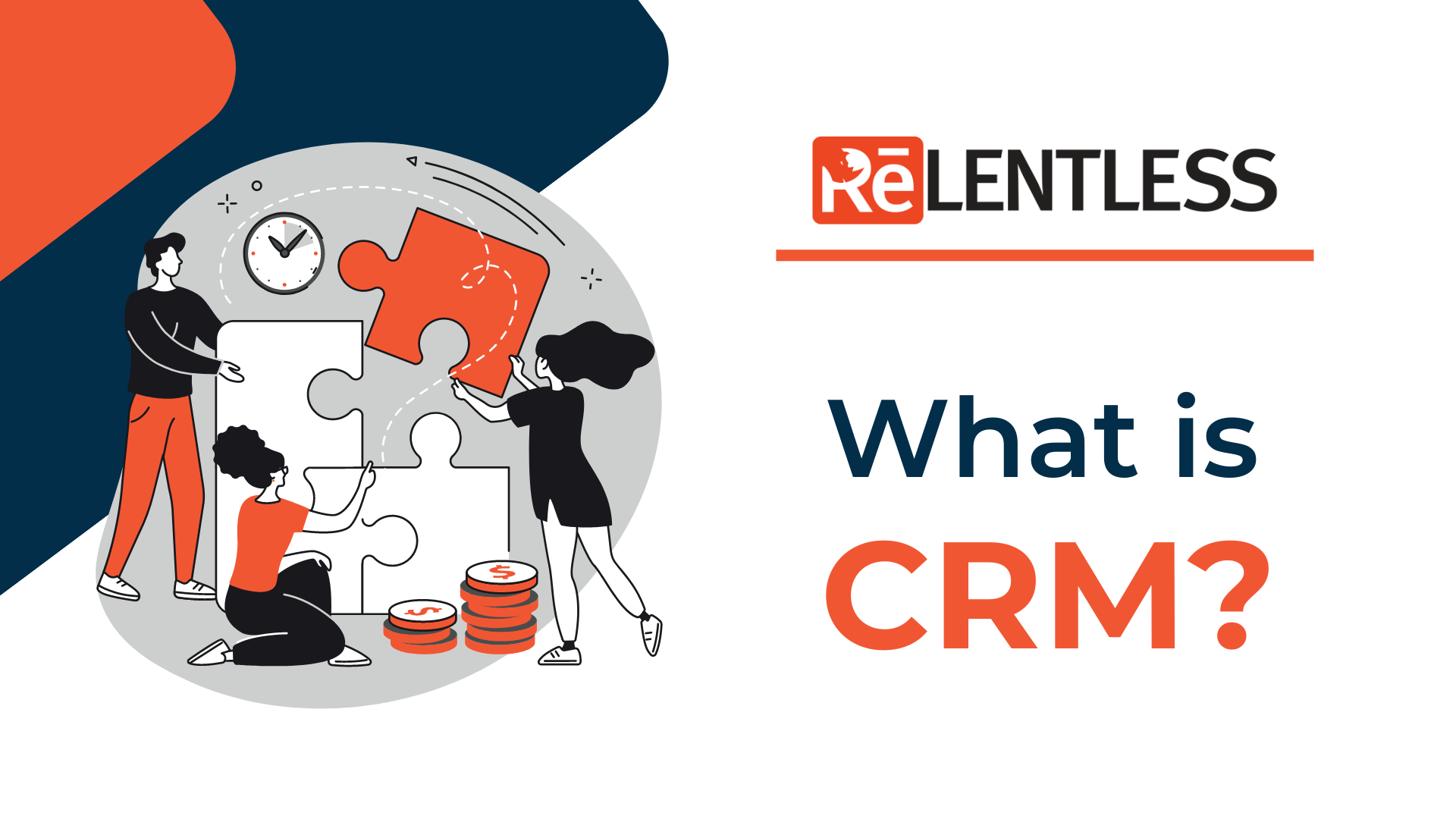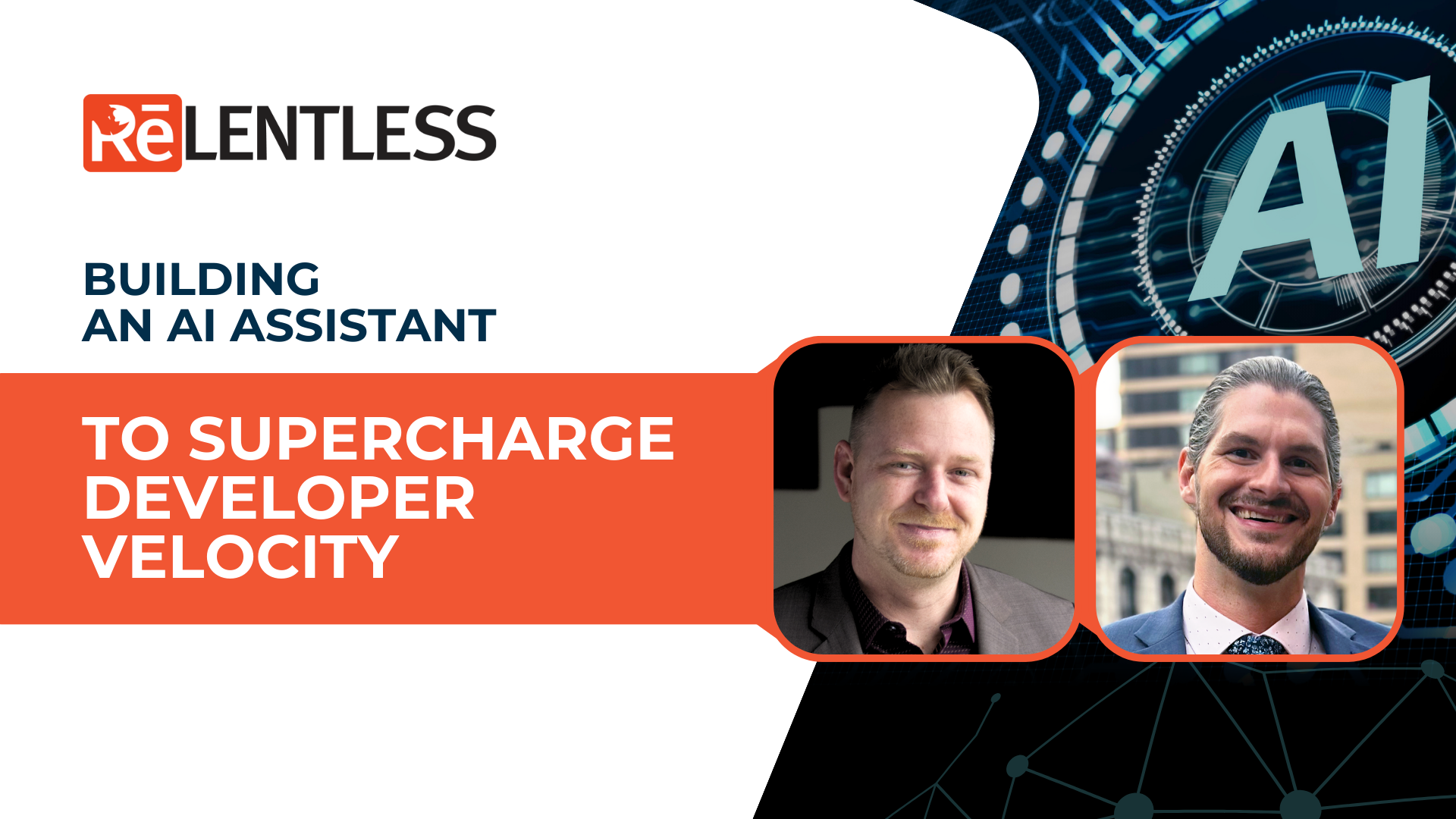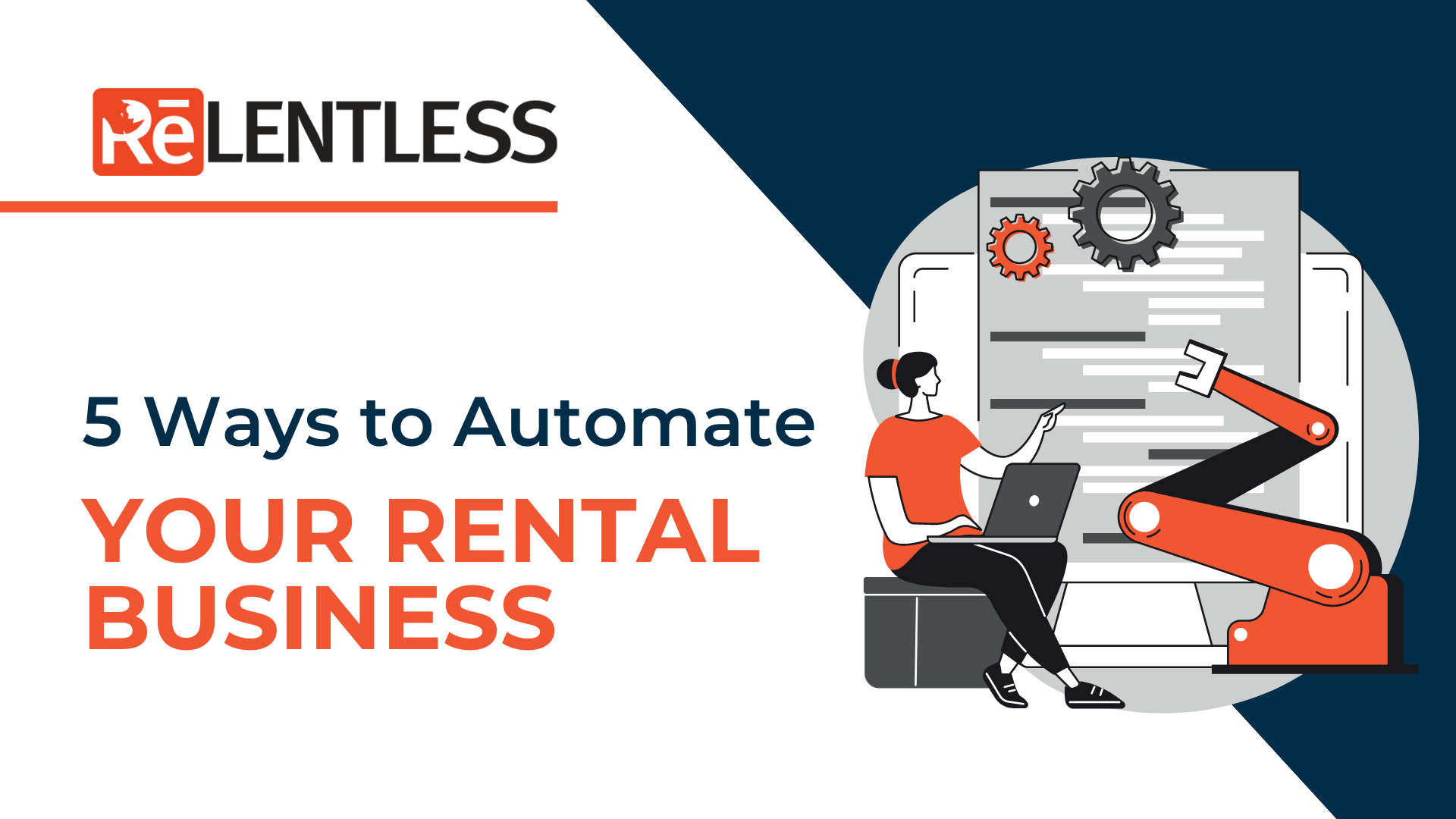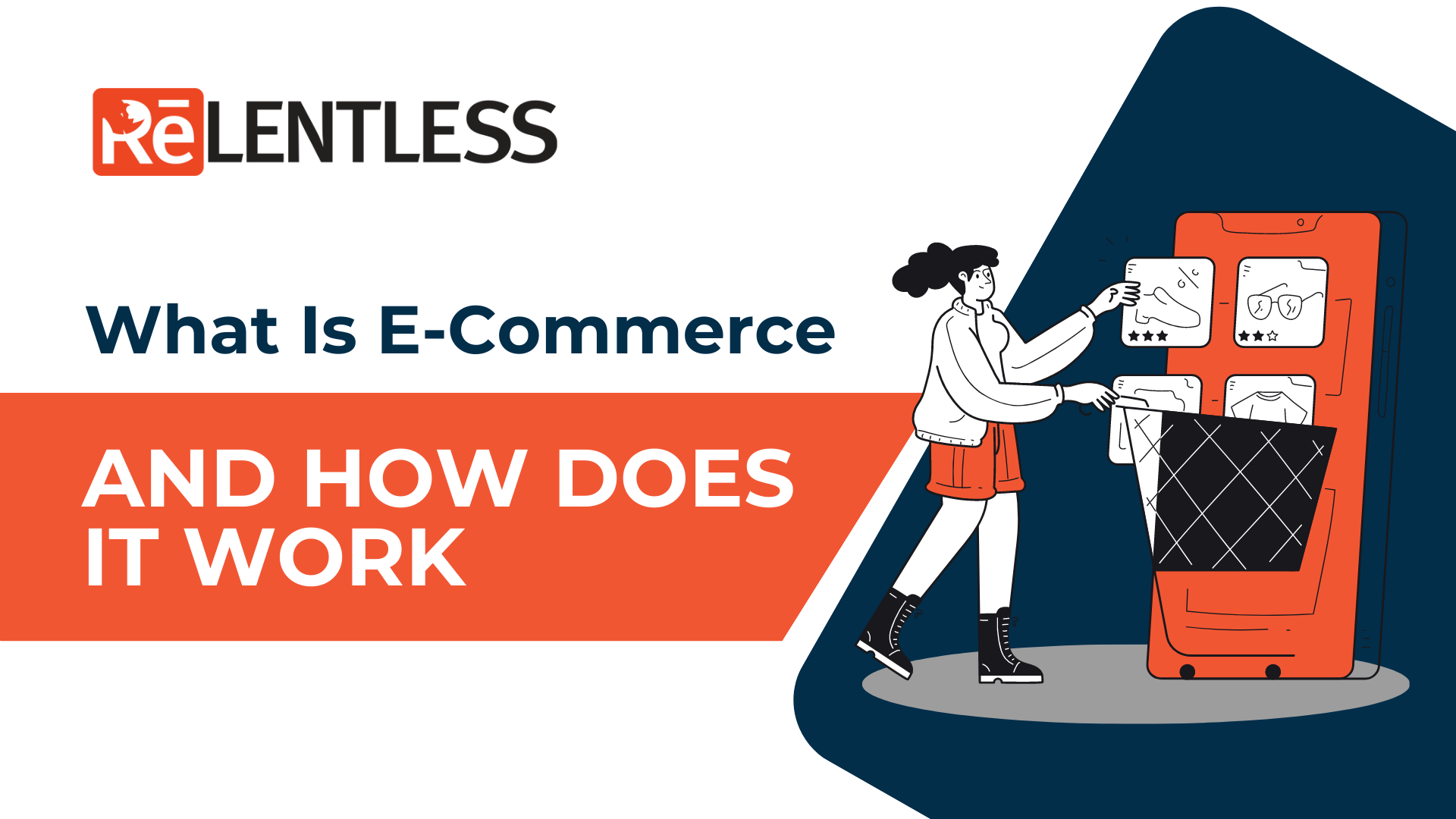When you freshly start a business, it is of utmost importance to find customers who will stay loyal to the product and help you promote your business even further in this unforgiving business world. CRM lets you keep a quality relationship with your customers and reach new heights in business development.
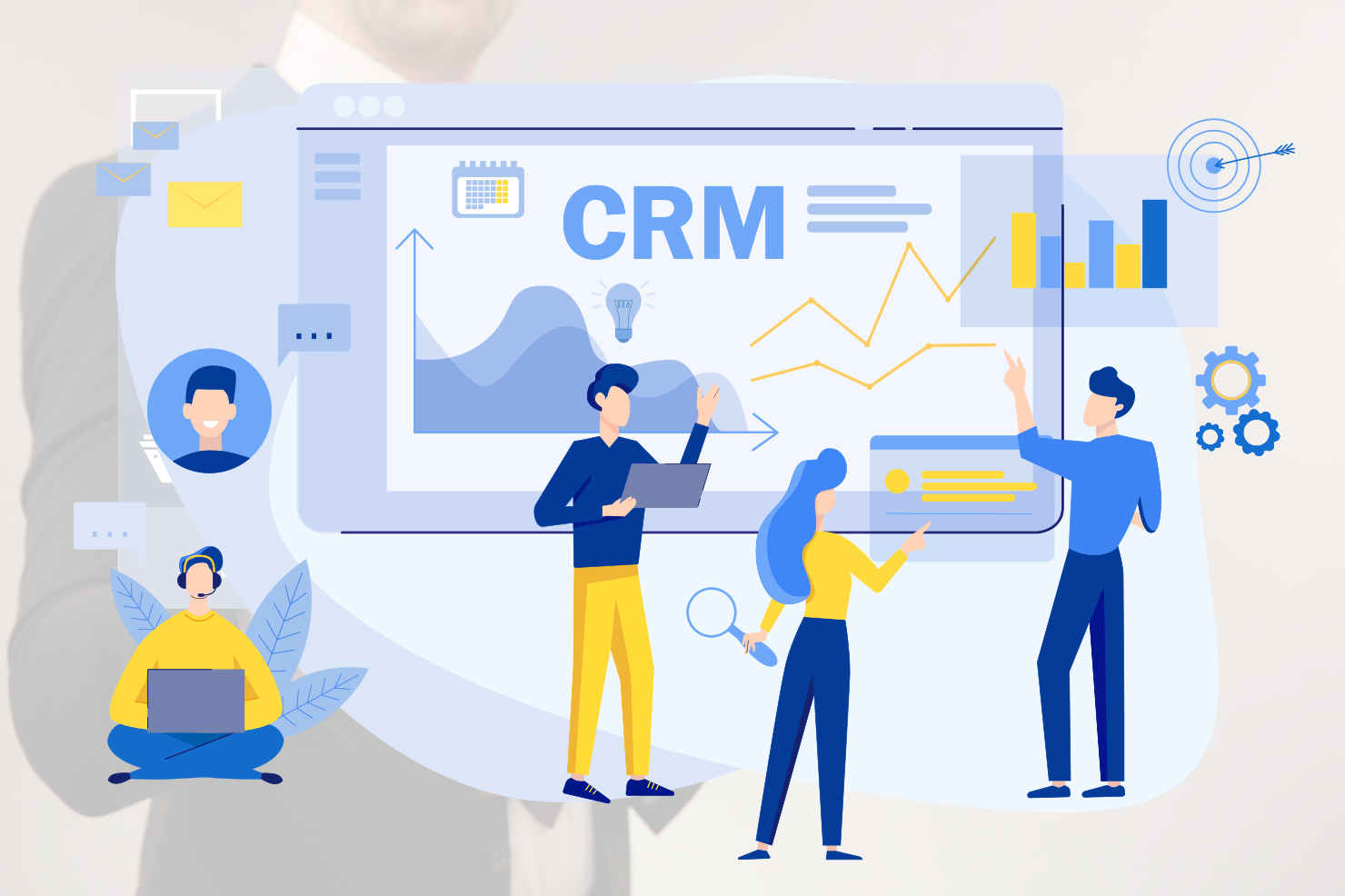
In this article, we will try to explain how CRM came to be, what it is, and what is its true importance and role it plays in business expansion and progress.
A short history of CRM
Customer relationships started some 20000 years ago when the first trade took place. A man realizes that a product he puts out in the world is not selling unless it fits customers’ needs. Also, a customer that comes back is far more valuable than the one that purchases once and moves on.
It was then and there that a man realized the importance of accounting for customer records because they are a pool of valuable information that any business can use to improve its traffic.
Many businesses kept parched accounts of their clients until the 1950s. Once automation became more prevalent, many companies started to evolve their record-keeping practices. CRM continued to change into its current form between the end of 1970 and the beginning of 1980.
CRM pioneers introduced a comprehensive range of new concepts and approaches in the 1990s that are still helping businesses maintain a healthy and stable connection with their current customers. As a result, you will not only keep your existing customer pleased and satisfied, but you’ll also attract new ones.
What is CRM?
CRM stands for customer relationship management, a tool for managing all of your company’s current and future customer interactions and relationships. The idea behind the concept is quite intuitive and straightforward. It is to improve business relations and to grow the company.
CRM aids businesses in staying in contact with customers, valuing their feedback and overall product quality and desirability assessment, in automating and simplifying procedures, which all lead to increased profit and business expansion.
From marketing and digital commerce to sales and customer service helps you keep the focus on connecting the company with individuals (customers, coworkers, service users, suppliers, etc.) and other businesses (if the business is exporting to other companies).
In other words, a customer relationship management system tracks traffic history and creates a pattern of users’ behavior and purchases. It is not business-specific, so different companies with complex product schemes that include frequent interactions with multiple customers and parties can benefit from using it.
How does CRM work?
The sole purpose of CRM is to collect, store and manage data related to companies’ contacts – customers, potential customers, business partners, etc.). That includes page activity, purchase dates, and other dynamic data, but not backend activity data such as engineering, production, warehouse activity, or shipping.
The main focus is the customer relationship. A CRM system automatically gathers customer activity and estimates leads. It concludes which leads went cold and which ones are still active or hot. CRM system helps companies adapt products and services to increase customer satisfaction and overall profit.
Relentless Agency’s main focus in CRM is connecting clients’ prospects with their activity. As a part of ERP, we can help you qualify, follow up, and connect with mass-communication solutions, maintain engagement, and get a one-click history of your customers’ activity.
CRM goals
Customer relationship management has several goals:

- Acquiring leads and turning them into customers
- Increasing brand awareness
- Upgrading customer service
- Traffic increase
The chance to close business deals significantly increases when you know where to invest your energy. In addition, knowing which leads are potential customers and which ones are less interested will save valuable time and energy.
Investing in marketing and meeting customers’ needs positively affects customer satisfaction and business traffic.
Why is a CRM so important?
Since the market today relies upon the ways of attracting attention, it is crucial to know what about the product is grabbing attention and what is making customers leave.
It is almost impossible to run a business without CRM nowadays. It benefits businesses in several different ways.
Improving the company’s data organization
Using CRM helps you keep track of users’ activity by sorting it into profiles, which have different pinpoints in approach and taste. It helps with the structural organization of products and developing a more functional business approach. All pieces of information are available to different teams.
Improving customer service
Besides tracking customer activity, CRM allows more frequent interactions with customers that provide valuable information about potential upgrades and customer satisfaction. As a result, it makes customer service more manageable and allows the faster reaching of relevant information in an emergency.
Analysis and reporting
Implementation of CRM includes several complex analyses. However, they are highly reliable because of their methodology and statistical approach. Reports based on the data are stable ground for further business development.
Product and services improvement
Customers’ feedback is one of the most valuable information for any business. The feedback helps you understand how customers perceive your product and what upgrades will increase customer satisfaction.
In conclusion, CRM can benefit your business in several ways, so consider investing in it to save your time and energy. The Relentless Agency team can help you reach your business goals. Contact us!

